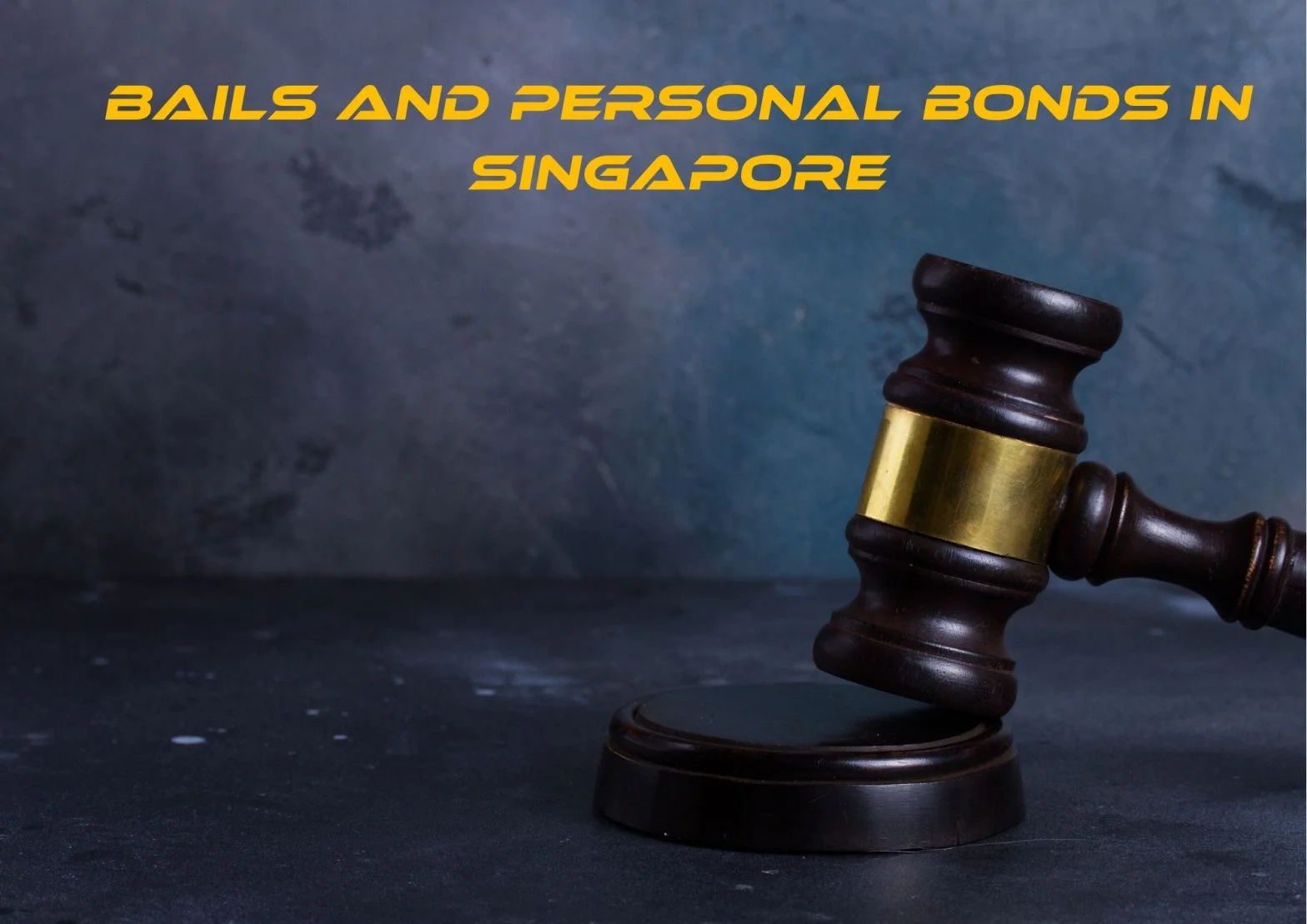
Can an arrested person be temporarily released on bail
If you’re convicted of a crime, perhaps the only thing you would wish for is that the judge bangs the gavel and announces, “Bail is set at (a certain amount)”, so you can go back to your daily life. But what is bail and when can I post it?
A bail is a bond for the temporary release of an arrested person pending trial. It can be in the form of cash or an undertaking guaranteed by a third-party (surety or bailor) to ensure the accused attendance in court (court bail) or police station (police bail) when required to appear for an appointment, investigation, report or trial.
Personal bonds. The accused person needs to provide a bond for a sum of money in order to be remanded.
The amount of bail or personal bonds is not fixed and will depend on a case to case basis after a determination of whether or not the crime alleged to have been committed is bailable or non-bailable as defined in column 5 of the First Schedule of the Criminal Procedure Code, and the power to grant it will rely on the discretion of the court or the police (not under sergeant rank) and other law enforcement officers.
Don’ t Miss: Things to do If You are Charged with Traffic Offence in Singapore
Most of the offences are bailable. However, capital offences such as
(1) offences which are punishable by death or life imprisonment; (2) offences against the state; (3) piracy (4) genocide; (5) offences relating to armed forces; (6) unlawful assembly (7) false evidence and offences against public justice; (8) offences relating to coin and government stamps; (9) offences affecting human body; (10) offences affecting property; (11) extortion; (12) robbery and gang robbery; (13) criminal breach of trust; (14) receiving stolen property; (15) if the Prosecution has sufficient grounds to believe that a person is guilty of the offence; (16) those who are considered as flight risks like foreigners, are not bailable.
The accused under these circumstances may or may not be released temporarily after determination of the following factors (a) the nature and seriousness of the offence allegedly committed; (b) presence of a reasonable ground to believe that the accused is guilty thereof; ( c ) punishment is severe; (d) character, standing and capacity of the accused; (e) essentiality of the bail for the accused to adequately prepare his defence; and (f) avoidance of the probability of delay.
An arrested person must provide a surety or a bailor who must be (a) a citizen or (b) permanent resident of Singapore (3) above the age of 21 years (4) not insolvent (5) have no any pending proceedings in court (6) have own assets worth or at least equivalent to the amount of bail.
Once bail has been granted the accused is mandated to (1) surrender any travel documents in his possession and not to leave Singapore without a written consent of the court and the police; (2) appear for investigations or attend Court when required; (3) not commit any offence while released on bail or on personal bond; (4) not delay the course of justice nor interfere with any witness; whether in relation to himself or any other person.
Disclaimer: The article can not be considered as legal advice or opinion on the topic which has been discussed and one should not rely on it. In no way, it should be taken as the statement of law and practice in this area. If you need any legal advice you should consult a lawyer in your jurisdiction. None of the members. partner or consultant who is a part of Bishop Law assumes or holds any responsibility or liability, to any person in respect of the content shared above.